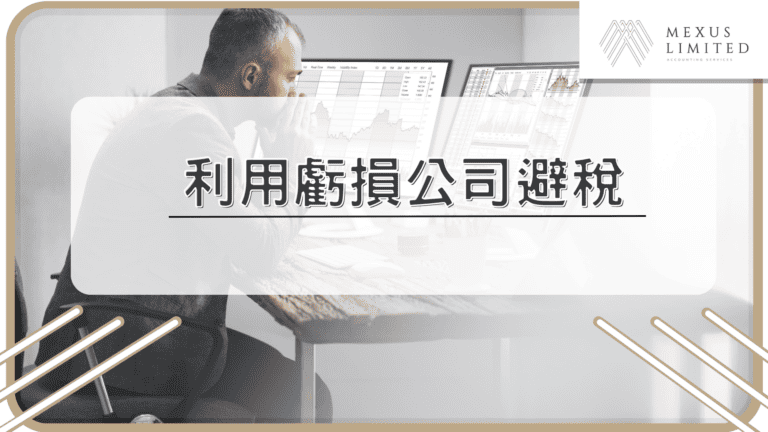What does a company winding-up represent? What is the difference between liquidation and bankruptcy?

Is liquidation the same as bankruptcy? In fact, the two concepts are not the same. Although no proprietor wants the business to end because of debt problems, facing a winding-up petition is the last step in business operation, so it is necessary to clearly understand the meaning behind it. At the very least, entrepreneurs should have a basic understanding of the arrangements for liquidation. The following will introduce you to what liquidation is.
What is the difference between liquidation and bankruptcy?
Many people confuse liquidation and bankruptcy, but in fact, the two are completely different legal concepts. In short, “bankruptcy” only applies to personal finances, while “winding up” only applies to limited companies.
According to the “Company Ordinance”, as a limited company is an independent legal entity, the responsibility for the repayment of debts is limited to the company entity, and the personal level is not involved. Therefore, if the company’s assets are realized and repaid, the boss does not need to bear the relevant legal responsibilities in principle.
What is a voluntary winding up?
Under voluntary winding-up, it is also divided into voluntary winding-up by company members (including shareholders), or voluntary winding-up by creditors, and voluntary winding-up is not necessarily caused by financial problems or financial difficulties.
As the name implies, voluntary liquidation is an active legal procedure when shareholders reach a consensus on “voluntary cessation of operations” (a general meeting of shareholders can be convened to make a motion decision) and decide to realize the company’s assets.
Once the company decides to wind up, it can apply to the court for a “winding-up order”. When the automatic winding-up begins, it means that the company will stop its business operations and will no longer be able to carry out any share activities, and its shareholder status will be invalid.
What is Compulsory Winding Up (High Court Compulsory Winding Up)?
Once the company faces financial difficulties or needs to liquidate its assets due to insolvency, creditors or shareholders of the company can apply for a winding-up petition, and then the Hong Kong High Court will issue a “compulsory winding-up order”.
Unlike voluntary winding-up, compulsory winding-up is a passive legal process.
When can I apply for a winding-up petition?
According to the Companies (Winding-Up and Miscellaneous Provisions) Ordinance, the following may be the circumstances of a petition for winding up of a limited company:
• The company is insolvent of its debts of $10,000 or more;
• the court considers it just and equitable to wind up the company;
• The company has passed a special resolution to resolve the company to be wound up by the court.
• Any one of the company’s creditors, shareholders, or the company itself may file a petition to wind up the company.
• The process by which a petitioner will usually hire a lawyer to prepare and present a winding-up petition.
• Eligible persons (eg employees) who meet the relevant regulations of the Legal Aid Ordinance (Cap. 91) and apply to the Legal Aid Department for assistance in filing a winding-up petition.
The above information is for reference only. If you have any questions about accounting, company bankruptcy, or liquidation, we welcome your inquiries.

